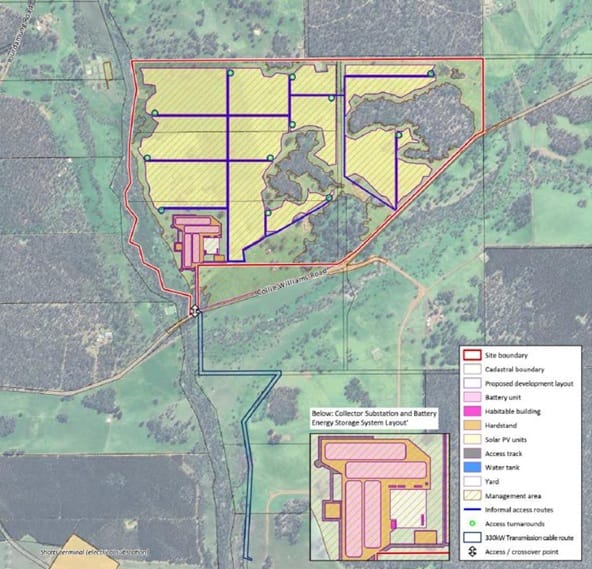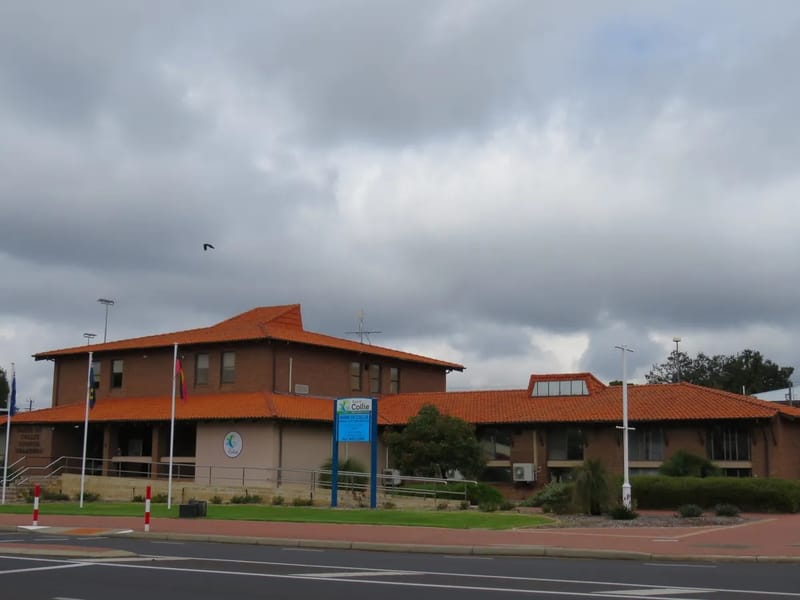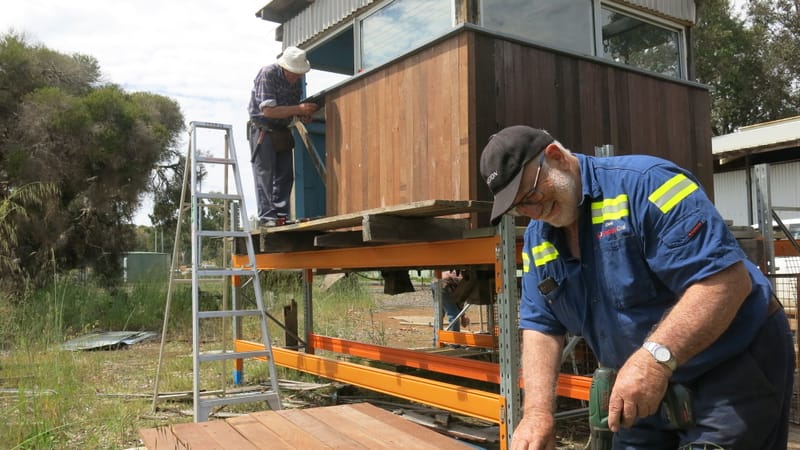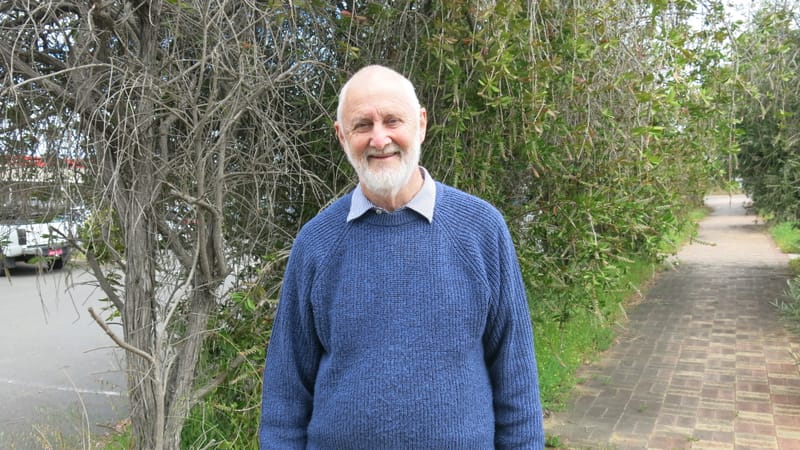Battery battle: State and local priorities at odds over development
¶ COLLIE Shire councillors voiced strong objections at their August meeting to a proposed grid-scale battery and solar farm in Palmer. Councillors Michelle Smith, Brett Hansen, Dale Hill-Power and Paul Moyses expressed frustration with the proposal...







